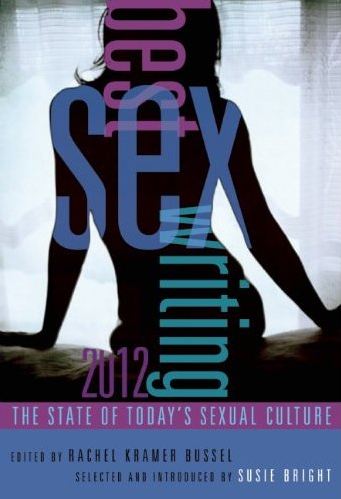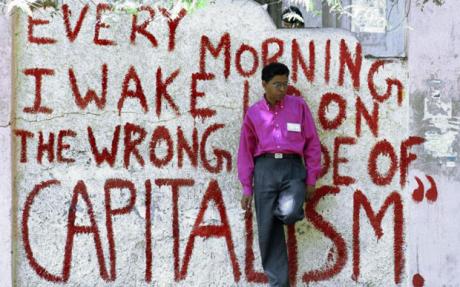Best Sex Writing 2012: The State of Today’s Sexual Culture
 Best Sex Writing 2012: The State of Today’s Sexual Culture is the seventh installment in the series. Started in 2005, the annual compilation of journalism and personal essays on a wide range of sexuality issues are presented as a collective reflection on current sex culture. Whether opposing the various ways in which we criminalize sexuality or extolling one woman’s reawakening after a grievous dormancy, the pieces in the 2012 edition are selected for the poignant ways in which they inform, persuade, and maybe even arouse (who’s to judge?) in a time of great hostility and division. Editors Rachel Kramer Bussel and Susie Bright assert that this is “not a one-handed read” and with every opportunity, they present the book as a multi-faceted study of “the smarter side of sexuality.” This is true, of course, but while there are hundreds of other scholarly accounts of sex, what I find lovely about Best Sex Writing 2012 is that its authors not only cover a huge spectrum of sexual subjects but that they do so not as experts. Most of them are simply passionate people, each with a unique and deeply personal voice. In a sort of parallel to sexuality itself, every chapter is like switching positions, delivering a new sensation, whether it be an exciting or a painful one.
Best Sex Writing 2012: The State of Today’s Sexual Culture is the seventh installment in the series. Started in 2005, the annual compilation of journalism and personal essays on a wide range of sexuality issues are presented as a collective reflection on current sex culture. Whether opposing the various ways in which we criminalize sexuality or extolling one woman’s reawakening after a grievous dormancy, the pieces in the 2012 edition are selected for the poignant ways in which they inform, persuade, and maybe even arouse (who’s to judge?) in a time of great hostility and division. Editors Rachel Kramer Bussel and Susie Bright assert that this is “not a one-handed read” and with every opportunity, they present the book as a multi-faceted study of “the smarter side of sexuality.” This is true, of course, but while there are hundreds of other scholarly accounts of sex, what I find lovely about Best Sex Writing 2012 is that its authors not only cover a huge spectrum of sexual subjects but that they do so not as experts. Most of them are simply passionate people, each with a unique and deeply personal voice. In a sort of parallel to sexuality itself, every chapter is like switching positions, delivering a new sensation, whether it be an exciting or a painful one.
I’ve been having sex for eight years of my life and making my living at it for half that time. As a young woman realizing not only my personal sexuality but also a professional one, it is especially important to me to peel back the layers of this mysterious force that can create—and destroy—so much. Amidst stacks of sex literature, workshops, cultlike community experiments, and my own bedroom, I’ve talked, listened, touched, watched, stroked, screwed and made money in the name of self-actualization and cultural awareness. Best Sex Writing takes us not only into the bedrooms but the courtrooms, workspaces, and streets of protest where others are actualizing themselves, for better and worse, through sexuality. What stories are there to be told, and why is it important that we hear them?

